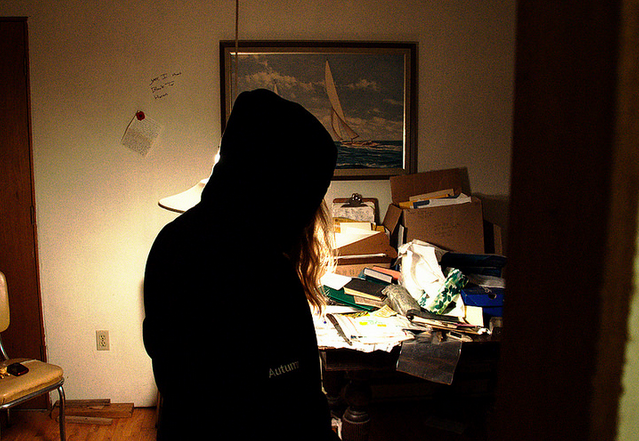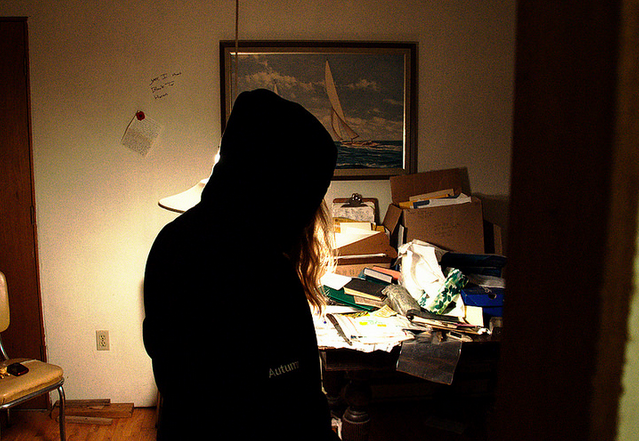
Battered Spouse Syndrome: Why Victims Don’t Leave
What these people don't understand is the psychological difference between outsiders and victims.

When it comes to the issue of domestic abuse, there seems to be a certain popular opinion, and it usually goes something like,
Yeah that guy is awful for beating on her, but if she’s dumb enough to stay with him, it’s partially her fault.
It’s either that or something to the effect of, “If she was really being abused, she would leave. She hasn’t left, so what does that tell you?” They try to rationalize why someone in an abusive relationship would not press charges or why they would continue to stay with their abuser, so they will often assume that they are not really being abused, or if they are, they are just being stupid for staying.
What these people don’t understand is the psychological difference between outsiders and victims. To an outsider, it’s a no brainer: If you are being abused, you leave. No excuses. To victims, it’s not that easy. Why? When someone becomes abused in a relationship, they often don’t have the ability to see the reality of the situation. They are often blinded by their emotional attachments to their lover. They often don’t realize that they are being abused until later on, after it has been going on for some time.
Additionally, people who are being abused undergo psychological changes from having their self esteem and confidence damaged. This alters their perception of themselves and the world around them, making them less likely to leave.
Battered spouse syndrome is a constellation of medical and psychological conditions of a person, as a result of repeated violence such as beatings, choking, sexual assault, verbal abuse, or a combination of different acts amounting to violence, at the hands of the spouse or partner. — USLegal.com
The term is also commonly referred to as Battered Woman’s Syndrome, or Battered Person’s Syndrome, depending on the circumstances. The gender neutral term is probably best since men can be and are victims to domestic violence as well.
BWS has been identified as a subcategory of post-traumatic stress disorder (PTSD). Although not all battered women meet all the DSM-IV-TR criteria for PTSD, a sufficient number do; thus, a form of trauma treatment is most helpful. — Psychiatrictimes.com
As the cycle of abuse continues, the victim falls deeper into a learned mentality of helplessness and hopelessness. They eventually become brainwashed into thinking a combination of things: They deserve the abuse, that no one else will have them, they have no other place to go, or that things will get better if they can just work it out. Many victims stay simply in fear of being retaliated against if they decided to leave.
Often times, abusers will have manipulated all of the power and resources away from their victim, adding to the feeling helplessness. They start to think that they need to be with their abuser because they have no way of living and supporting themselves otherwise.
It is very important for a victim of abuse to have a strong support system through trusted family and close friends. This circle of supporters will need to actively encourage the victim to seek a better life and offer ideas about what options they have as far as therapy and safe places to go. This is often the victim’s best bet in successfully separating from the abusive partner since they themselves often won’t have the confidence or willpower to leave on their own.
It is essential for a victim’s support circle to remain non-judgmental, patient, and persistent in helping them find a way out of the relationship and back to emotional and physical strength.
For more information, pick up a copy of The Battered Woman Syndrome by Lenore E. A. Walker. ![]()











